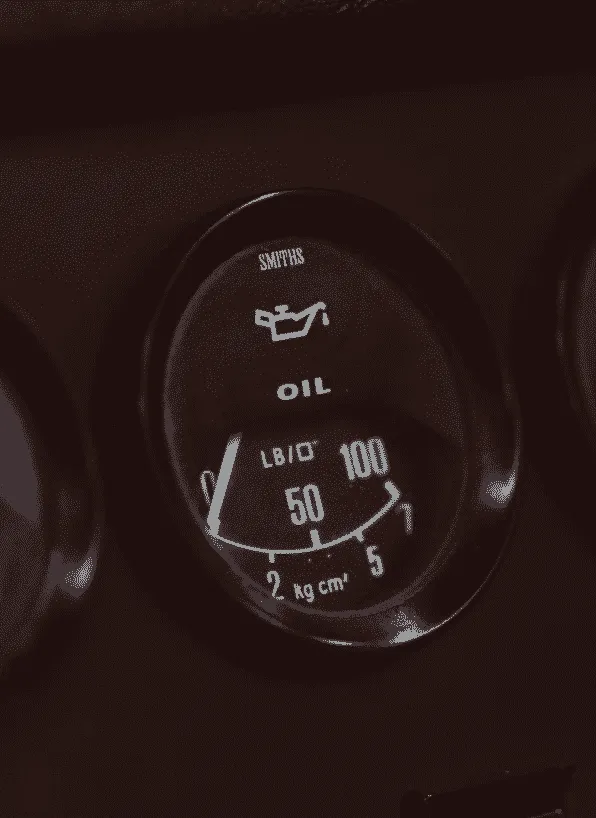Top Questions Surrounding Oil Changes
There are a lot of questions when it comes to having the oil changed on your vehicle. A blend of questions I frequently hear are listed below. I’ll break down each question and provide details that should help you understand why oil change is important, how often it should be done, and how to select the best professional technician to help you save money.
- How often oil change synthetic over regular oil?
- How many oil changes are done per year?
- How long does oil change take?
- How much is an oil change?
- How often oil change motorcycle?
- How often oil change car?
- How often oil change Diesel?
- Will oil change fix check engine light?
- Can oil change cause transmission problems?

Why Oil Change Is Important
The simple answer is that regular oil changes are important for maintaining optimal performance and protecting the health of your engine over time. It doesn’t matter if you own a Honda Civic, Subaru Outback, Mazda CX 5, or Prius, or other car, truck or SUV brand. Your vehicle requires routine oil changes to keep it running smoothly and efficiently.
The average car with a 5-quart capacity needs 3.8 quarts of oil to lubricate the engine, but some engines hold more than 6 quarts. The older your vehicle is, and the longer you’ve driven it, the more important regular oil changes are to guard against excessive wear on moving parts like pistons and cylinder walls that could heat up and cause your engine to fail.
Routine oil changes keep engines clean and lubricated, as well as protect against excess wear. Flushed-out gunk causes less friction and heat in the engine, which can prevent breakdowns, more immediate repairs and reduce stress on parts for longer use.

How often oil change synthetic over regular oil?
This depends on miles driven and type of oil selected. Synthetic oil will last longer than standard oil so you won’t have as many oil changes during the course of a year. You can typically go 6,000 and 8,000 miles between oil changes when using a Synthetic brand. For regular oil, it’s recommended to have the oil changed when the mileage is around 3,000. As a result I have never gone more than 3200 miles without changing mine!
Not so funny story, when I was in my early 20’s, I made the mistake of not changing the oil in my 1991 Toyota Tercel. Long story short, my engine threw a rod and I ended up replacing the motor which was an expensive lesson to learn.
How many oil changes are done per year?
There’s no specific number of oil changes for your car during the year since it’s all based on miles driven. However, if you drive less than 10,000 miles per year, you should probably take it in for an oil change at least every eight months to make sure the engine is running smoothly and safely. If you drive more, like over 10,000 miles a year, your cars manufacturer may suggest that you have the oil changed every 3 months. Long trips and hard or heavy driving conditions are other factors which could cause the need for more frequent oil changes.
How long does oil change take?
Oil changes are typically quick. In most cases, they take about 20 to 30 minutes or less when done by good independent shops. You should be able to get it done in a few hours if you take it to a dealer or chain oil change place. However, they usually charge more and they are generally known for not doing the best work, but some people have no choice since their manufacturer’s warranty requires an authorized dealership to handle the annual routine maintenance.
How much is an oil change?
The average cost of an oil change will vary depending on the number of quartz needed and the type of oil selected. For synthetic, the common cost at an auto repair shop is typically around $75 to $135. This price range covers vehicles with small engines and trucks with larger motors. The price of a standard oil change will cover a car that holds 5 quarts of oil, and typically cost anywhere between $19 to $65. Price will vary between service centers so it’s good to shop around.
Below are some suggested lube centers to have an oil changed quickly for a great price.
How often oil change motorcycle?

We recommend changing the oil on motorcycles every 3,000 miles. There are exceptions to this rule if you live in a region where the temperatures range from extremely hot and dry to extremely cold and wet (think summer in Florida to winter in Alaska).
Oil change frequency will vary depending on the mileage and riding conditions. Make sure you choose a high quality Synthetic brand, such as Mobil1, to help protect your bike engine from harmful contaminants that could cause excessive wear.
How often oil change Diesel?
Changing the oil in a diesel truck isn’t much different than changing it in a gas powered vehicle, except for the type of oil and filter you use. For diesel engines, it’s recommended that you have the oil changed every 3,000 to 5,000 miles prevent issues since these types of vehicles tend to drive under higher loads of stress.
Will oil change fix check engine light?
No, an oil change won’t fix the check engine light. However, it could help find out why the warning is on by taking your vehicle to a mechanics shop that can read and clear diagnostic codes while changing your oil. The code reader will be able to determine the cause of the service engine soon light going off or staying on.
If the check engine light is on, you can also take the car to an auto parts store, but it’s not time for an oil change. Employees at places like AutoZone can attach the reader and let you know if you simply need a part or should take it in for service.

Can oil change cause transmission problems?
Oil changes will not affect your transmission since this has its own fluid. However, it is a good idea to change it or have it flushed every 30,000 miles even if the owner’s manual doesn’t suggest it. This will help get rid of any built up contaminants that could cause transmission problems.
In closing, it’s important to follow the manufacturers’ recommended oil change intervals since they have done extensive research and testing on the type of engine lubricants that best suit their vehicles. If properly maintained, it’s not uncommon to see diesel engines or car engines still running smoothly after reaching 100K miles. Simply follow the oil specifications recommended by your auto manufacturer or owner’s manual to help prolong your car’s life.








